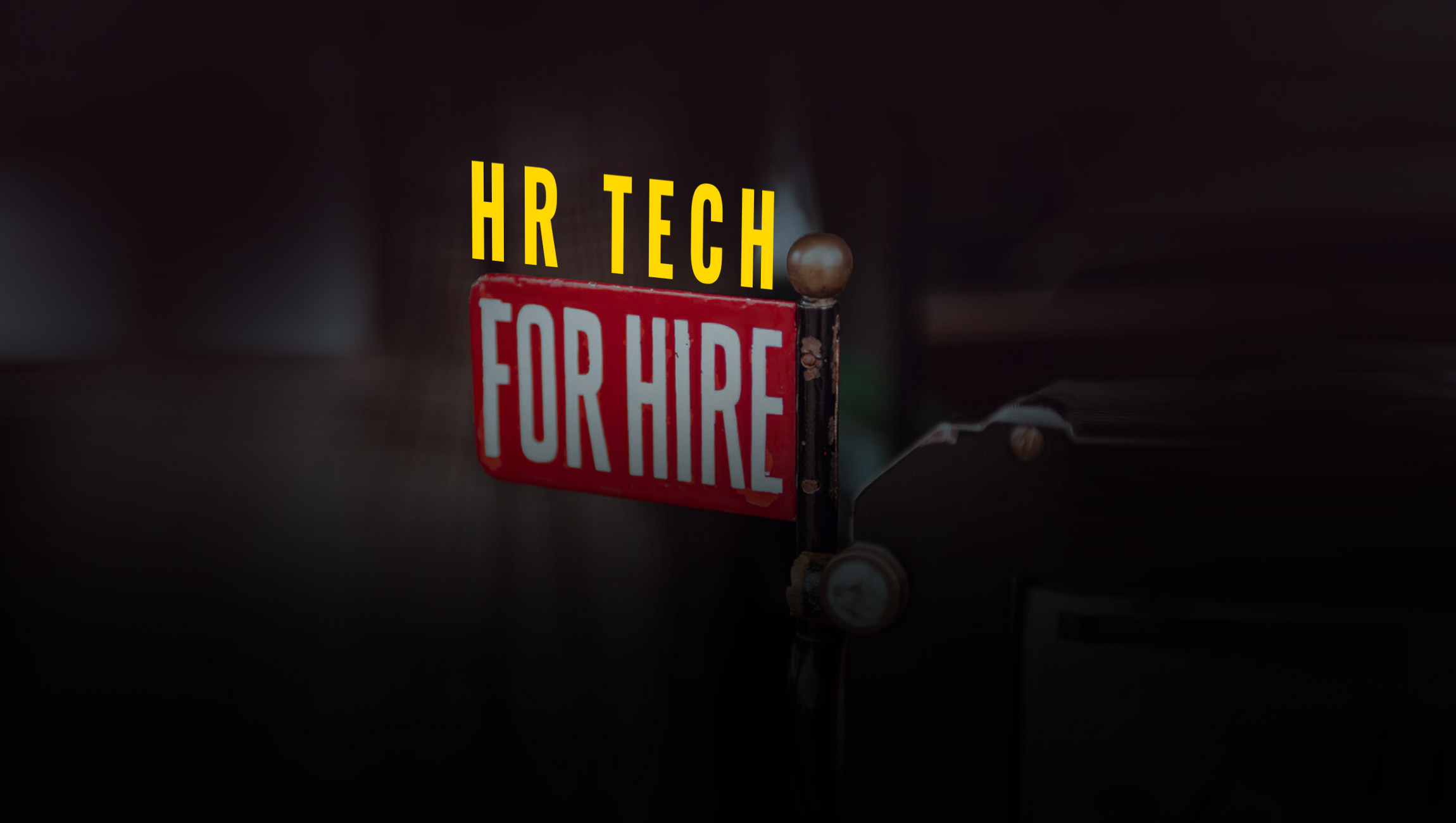Sourcing and recruitment activities will have to become more proactive than a reactive job, if companies are to tackle modern-day recruitment challenges.
______
As millennials and Gen Z become the cornerstone of the modern day workforce, hiring the right candidate will become a trickier task, given their habits, preferences and market dynamics! Their transient approach to employment makes it important for recruiters to hire consistently and face a continual flow of candidates and employees.
Any change in a company’s recruitment strategy should be based on what hiring experience the company wants to be known for, in order to find and retain top talent.
Candidates who are open to learning more about new opportunities but aren’t actively seeking new jobs are the kind of top performers you might want to source and hire more of!
This is why you need Technology to the rescue.
As HR Tech solutions mature, new innovations will support recruiters more effectively, in various ways.
Here’s how.
HR Chatbots for Recruitment
Human resource teams often spend hours at length sifting through candidate documents who are not fit for the role or don’t satisfy the recruitment criteria. Robot Vera, a voice-based recruitment chatbot developed by a Russian startup can interview thousands of candidates simultaneously, reducing the cognitive workload for human resource professionals.
The HR chatbot is equipped with speech recognition capabilities and can automatically analyze resume databases to filter out candidates who meet specific requirements laid out by the hiring company. The chatbot can also make phone calls to candidates who look perfect for the job, informing them of their selection and the next steps.
Robot Vera is used by the likes of PepsiCo, L’Oreal, Raiffeisen Bank, and Auchan to slash hiring time and costs by nearly one-third!
Mya is another recruitment chatbot assistant. It uses natural language processing and machine learning to automate the hiring process. Mya is used by L’Oreal, Adecco, Advantage Solutions, Sevenstep, and more to reduce the workload of HR departments. The chatbot offers context-dependent answers and does 75 percent of the job.
Read More: Top People Management Policies of Some of the Best Technology Firms
Point Solutions for Targeted Jobs
While many traditional HR tech systems target the HR process in its entirety, this year could see a resurgence of point solutions. These are the platforms that focus on one area within the HR domain, such as talent management, screening, on-boarding, etc.
Modern point solutions are also designed to easily integrate with HR tech suites, allowing companies to use several specialized software solutions along with wrap-up software systems. Specialized and tailored tools can help businesses cater to one aspect of their recruitment process better.
Point solutions such as Recruitee focus on the recruitment phase and process.
Gamifying Recruitment with AR and VR
These technologies create immersive reality experiences by augmenting the physical world with overlay. The technologies use graphics, sound, and touch feedback to enhance the overall user experience and make it immersive for the end-user.
AR and VR are now leveraged in the recruitment process to inject components of gamification into it. These components work to enhance the digital appeal and engage people effectively. Gamifying the hiring process can help recruiters shift from the age-old application processes toward smarter and interactive recruitment.
Companies such as ActiView offer VR technologies to make recruitment fun and engaging while assessing the behavioral and cognitive profiles of candidates in real-life simulations.
Remember when Jaguar collaborated with Gorillaz to build recruitment games?
Read More: How Will CCPA Impact HR Data?
Predictive Analytics to Optimize Talent Acquisition
Until now, predictive analytics solutions have helped recruiters assess their data for better decision-making. Predictive analytics has enabled companies to answer questions pertaining to who, why, and when.
However, moving into the new decade, predictive analytics could take on a more significant role in the HR domain. It could help businesses optimize hiring, talent pipeline planning, and job-response optimization.
For recruiting teams, predictive analytics can offer forward-looking insights into their current workforce, helping them find top talent that fits the needs of the organization. Companies already hold massive information about their candidates, including those who were rejected.
Studies suggest that rejected candidates can be encouraged to apply for newer roles, leading to a better RoI. With predictive analytics, HR teams can find correlations in data to determine ideal talent profiles likely to be the right fits.
Robotic Process Automation for Candidate Screening
Automation can function as a great way for organizations to recruit top talent. RPA can be used to streamline the huge amount of paperwork, tasks, and processes involved that are repetitive and programmable.
Over half of the industry’s hiring leaders say that identifying the right candidates is the hardest part of the recruitment process. This could be because most leaders are trying to do that manually. Automation and tools created specifically for this aspect have emerged in more recent years.
These include Ideal, Harver, Jenna, and more. Thirty-five percent of talent professionals say AI is the top trend impacting how they hire.
HR technology spending has increased above and beyond $40 billion. That’s how much companies want to invest in automating their recruitment process, hiring the right candidates, and enhancing the recruitment experience for future employees.
Read More: Using Virtual Reality to Make Sexual Harassment Training More Realistic and Effective

